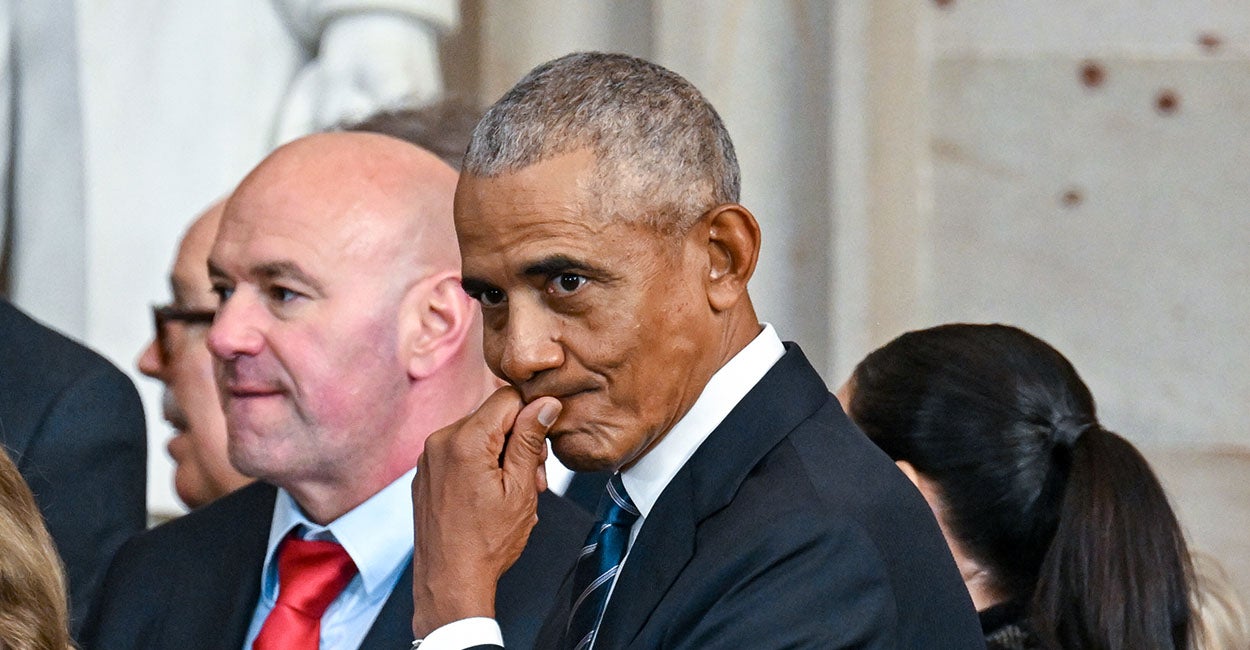How the Legacy Media Lost Our Trust

As a conservative, I subscribe to the online Washington Post so I understand how the progressive establishment thinks. But I recently met with a Democrat-voting friend who said he hadn’t subscribed in a few years, as he found the paper’s left-wing bias too much to take.
Live Your Best Retirement
Fun • Funds • Fitness • Freedom
The seventh commandment in my book, “The Ten Woke Commandments (You Must Not Obey),” is “You Shall Bear False Witness (Trust the Media).” I break down nine categories of bias that have inexorably overtaken the mainstream U.S. national media and earned them the pejorative labels “legacy” and “corporate.”
In my book, I cite examples from the Washington Post—but every day brings new ones.
Take this August 13th article titled, “After disinformation-fueled riots, U.K. police to release suspects’ ethnicities,” which says that British police “are expected to begin disclosing the ethnicity and nationality of suspects charged in sensitive cases if it might help deter the spread of disinformation.”
One case they cite is the murder, by stabbing, of three little girls in Southport, England in 2024. Initial reports that the suspect was an Afghan Muslim asylum seeker inspired demonstrations and anti-illegal immigration riots, along with violent counter-riots.
The Post explains that “the 17-year-old who later pleaded guilty to the killings was a Christian and British citizen born in Wales and raised in England.”
That’s technically true, but nowhere does the article name the murderer, Axel Rudakubana, or mention that he was the son of two Rwandans. His parents’ status in the U.K. was unclear, but asylum claims are a strong possibility.
Does it matter?
That’s not for the reporters to decide. It is important context for readers that informs the debate on migration—a debate that is roiling Britain and which may well determine the outcome of their next election.
The Post article goes on to quote two advocates in favor of migration and asylum, one from the Migrants’ Rights Network and another from the “pro-gender-equality, anti-racist Runnymede Trust.” The article does not cite anyone who approves of the police decision to disclose the ethnicity and nationality of suspects in crimes—even though many British people do.
Another example of the Post’s slant is their coverage of President Trump’s efforts to remove tent encampments from public parks and land. This video article, for example, shows only critics of his policy.
Why are only their views valid? Believe me, some residents of Washington, D.C.—of all races, ages, and economic status, from all over the city—are quite happy to see illegal tents removed, along with their attendant rubbish and squalor. They are pleased to see mentally ill, often aggressive, vagrants sent where they can get the mental health and drug treatment they need.
Another article about Trump’s efforts to bring federal resources and control to combatting D.C.’s crime and vagrancy describes “people experiencing homelessness,” rather than “homeless.”
Do the Post and its readers really think that the distinction matters to the people living in those tents? Does renaming something, or using a euphemism for it, do anything to solve the problem?
In the same article, the reporters write that “[Attorney General Pam] Bondi’s order Thursday, without evidence, cited ‘apparent efforts by some District employees to manipulate crime statistics.’”
That phrase, “without evidence,” is almost automatically inserted after statements from the Trump administration. But in this case, there is evidence—which any competent reporter could find.
The city just settled a claim by a whistleblowing D.C. police officer who alleged that her supervisors were re-classifying knife attacks as simple assault and theft as “taking property without right,” because the latter two offenses were not counted in the city’s crime statistics.
That evidence is not dispositive, but it should not be ignored either. Some investigative reporters are going to get to the bottom of it and discover the truth—but they certainly won’t be from the Washington Post. The likes of Woodward and Bernstein are long gone there.
Former “fact-checker” Glenn Kessler recently took the Post’s staff buyout and left. In an interview with Mark Halperin, he suggested that the Post had little reason to try and attract more conservative readers. By trying to be less biased towards progressive causes, he suggested, they’d only lose their loyal existing readers.
If he’s right, the Post cannot be salvaged. Instead, it will slowly dwindle into total irrelevance. Current readers will hang on but slowly age out, and few new subscribers will be attracted. Younger readers will seek new, online outlets that feed them the news they want without telling them what to think about it.
The post How the Legacy Media Lost Our Trust appeared first on The Daily Signal.
Originally Published at Daily Wire, Daily Signal, or The Blaze
What's Your Reaction?
 Like
0
Like
0
 Dislike
0
Dislike
0
 Love
0
Love
0
 Funny
0
Funny
0
 Angry
0
Angry
0
 Sad
0
Sad
0
 Wow
0
Wow
0













































































